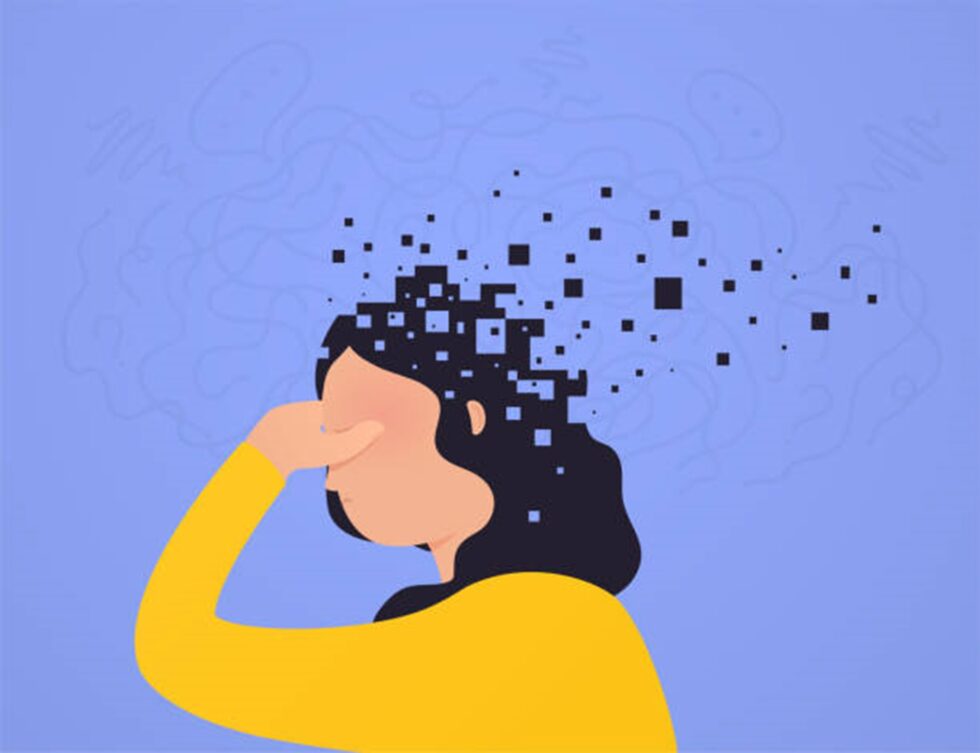In honor of Mental Health Awareness Week, we at Moonrise wanted to discuss the changing stigma of mental health problems.
The Stigma of Mental Health
Mental health problems are common and affect thousands of people in the UK, unfortunately, not everyone understands mental health problems. Despite it being widespread there is still a strong stigma around mental health which can lead to discrimination in all aspects of life.
This stigma and discrimination can be upsetting and make many people’s problems worse, and it can come from several sources including society, employers, the media and even friends and family. In addition, someone with mental health problems can even experience internalized stigma and come to believe the negative messages or stereotypes of having mental health problems.
Almost nine out of ten people with mental health problems have identified that the stigma and discrimination have had a negative effect on their lives.
Mental health problems are common and people who suffer with them are the least likely of any group with a long-term health condition or disability to find work, be in a steady, long-term relationship, live in acceptable housing or be socially included in mainstream society.
Stigma and discrimination can also make someone’s mental health problems worse and delay or stop them from getting help. Social isolation, poor housing, unemployment, and poverty are all linked to mental ill health. So, stigma and discrimination can trap people in a cycle of illness.
Although over time the stigma surrounding mental health has improved it cannot be denied that it remains. The stigma of mental health problems comes from stereotypes and media representation.
Society continues to have stereotyped views about mental ill health, with some people believing that people with mental health problems are dangerous. The truth actually being that they are at a higher risk of being attacked by others or harming themselves than hurting other people.
Some people think there is an automatic link between mental ill health with violence or portray mental health problems as dangerous, criminal, evil or very disabled and unable to live normal fulfilled lives in society. This idea is reinforced by sensationalised stories in the media, however most common mental health problems have no significant link to any violent behaviour, with the proportion of people living with a mental health problem who commit a violent crime is extremely small.
Due to the lingering stigma in society people with mental health problems still worry about talking about how they are feeling or seeking help because of the fear of the stigma of being seen as different or dangerous. This fear can prevent individuals from getting the care that they need which can lead to more significant problems for the individual.
This stigma is changing, and people are starting to speak more openly about mental health and challenge the negative attitudes and stereotypes, this is thanks in part to the outlook of young people and their willingness to share and also to high profile people such a Lady Gaga coming forward and talking openly about their own mental health problems and positively showing the effect of seeking help and recovery.
The change in the portrayal of mental health problems in the media has added to the decrease in the negative stigma. Truthful and accurate portrayals of a number of problems such as the depiction of Autism in the TV series The Good Doctor has led to a more positive and informed conversation about the problem and how it affects individuals.
It is important that this change in direction continues so that the stigma around mental health is eradicated and allows for those with mental health problems to come forward and seek help in an open and non-discriminatory society.





